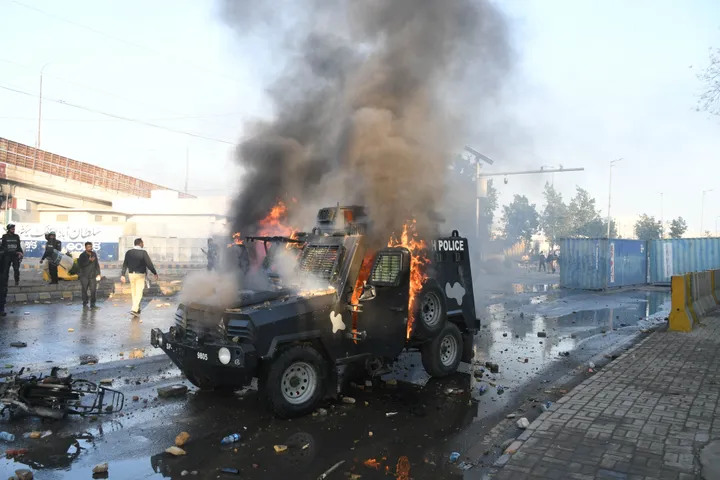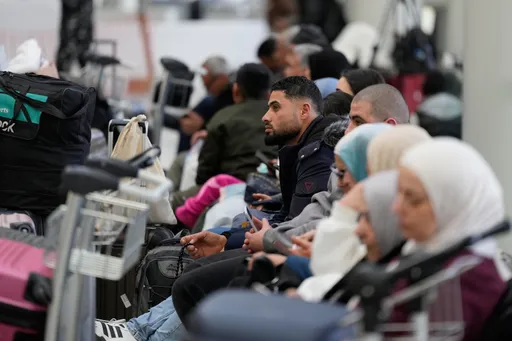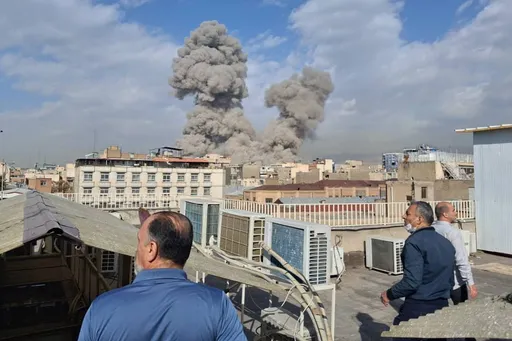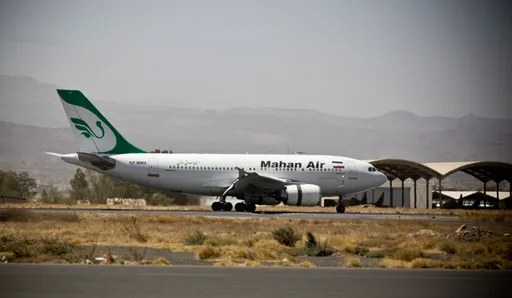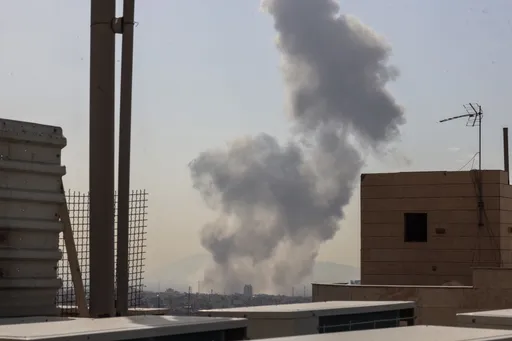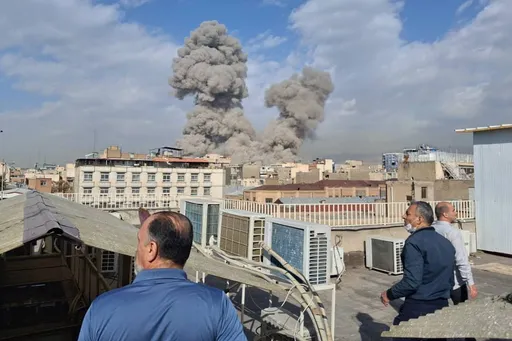The Ever Given has now been dislodged from the Great Bitter Lake, approximately halfway up the Suez Canal in Egypt. But sight of the mountain-sized (1,312ft, 200,000 tonnes) ship that ran aground causing a massive jam of sea traffic ought to remain ominous in the mind of Egyptians and the world.
The Abdel Fatah el Sisi regime, when faced with a real problem, reacted with its typical mixture of absurd propaganda and stupidity.
Many a meme was made in jest regarding the absurdity of the huge vessel blocking the canal – the internet was awash with jokes about giant plungers and little diggers.
But the jokes hide a much darker reality for Egypt and the regime.
Now that the Ever Given has been freed, many will simply conclude ‘accidents happen’, but the reality is that the Suez Canal, like almost everything in Egypt under Sisi, has been not simply been ‘mismanaged’, but meddled with for the sake of kleptocratic profiteering.
Before the onset of e-commerce and click-of-the-button transactions, the Suez Canal made the world of trade strikingly more rapid by linking the North Atlantic with the Indian Ocean, cutting out the notoriously long and arduous South Atlantic trading route.
We now live in a world where the boundaries of time and space, in terms of trade and commerce, are rendered non-existent by the cyberworld. But the Ever Given crisis reminds us that we still very much rely on the perilous world of ‘hard trade’.
We still need giant ships to transfer goods from one side of the world to the other and we still need waterways like the Suez Canal to do so. Thus, when Sisi came to power via military coup and sham election, one of his first acts was to order an $8 billion ‘widening’ and partial expansion of the canal, creating a bypass in which ships travelling in opposite directions could pass each other.
Dubbed the ‘New Suez Canal’, the ‘expansion’ of the canal was termed by Sisi as Egypt’s ‘gift to the world’ (they even had banners with this slogan emblazoned on it on the streets of Egyptian cities). Big name foreign leaders attended the veritable carnival of contrived patriotism that accompanied its opening.
Sisi was right about it being a ‘gift’, but what he was less conspicuous about is to who the gift was for – it certainly wasn’t the ‘world’.
In fact, the world, or at least international experts on the canal, were miffed by the project, claiming its massive cost outweighed any conceivable economic benefit. We now know that it certainly hasn’t made the likelihood of incidents like the Ever Given crisis less likely, so what was the point?
Sisi’s coming to power through the overthrowing of a nascent democracy represented the triumph of the kleptocracy over those who wanted to reform it out of existence. Though he wanted the ‘New Suez Canal’ to be more in the spirit of Nasser’s Aswan High Dam – as a new symbol of Egyptian sovereignty – it had more in common with the ultra-corrupt farces typical of Sisi and his predecessor Mubarak.
Unlike in Nasser’s days, Egypt’s sovereignty wasn’t threatened, but what was threatened, via the Egyptian revolution and the subsequent democracy, was the regime itself.
Thus, after the triumph of his counterrevolution, Sisi had to reward both the military regime and his big business backers with something – creating these projects, out of thin air, serves as a perfect way to divert much-needed public funds to a host of private contractors and businesses that were brought in by the state-owned Suez Canal Authority to complete the project.
Alongside this formal corruption, it generates an informal ‘bottom feeder’ economy of bribery, extortion and malfeasance, involving local government officials and their family and friends.
In Egypt’s system of praetorian kleptocratic patronage, loyal businesses and the economic apparatuses of the military are rewarded with easy access to public funds.
As hospitals – quite literally in the age of Covid-19 – collapse, schools crumble and Egypt’s welfare system is sucked dry and cut to pieces by austerity, billions of public money can be diverted to corrupt state officials or private businesses.
The Suez Canal, in a sense, has symbolised everything that is wrong with Egypt throughout the ages: the British Empire opened Egypt to a world of enterprise that completely and deliberately bypassed Egyptians, while Nasser used his taking back of the canal as a symbol of his heroic defiance of the British Empire, despite treating Egyptians with the same political and social contempt as the imperialists. Sisi has managed to use the waterway to rob the Egyptian people and have them all celebrate the robbery as evidence of the greatness of Egyptian ingenuity.
But, to pardon the pun, this runs much deeper than the Suez Canal. The Suez Canal scam, and the Ever Green fiasco, is a microcosm of the very nature of Egypt as a state. It’s one more nail in the coffin of the integrity of Egypt as a state.
Even the great Nile, the main artery of Egyptian civilisation for 8000 years, isn’t safe in the hands of the current regime. The Grand Ethiopian Renaissance Dam will further reduce the already severely incapacitated water output of the Nile. Instead of building the infrastructure necessary to offset these potentially catastrophic consequences, Sisi would rather plunge billions into elitist absurdities like the ‘New Capital City’ project.
It’s no irony to those who of us who understand the necessity of democracy in Egypt – and who understood that even the moderate democratic reforms of Mohamed Morsi were moving in the right direction – that the ‘saviour regime’ of Sisi seems to be the one leading the country to doom.


